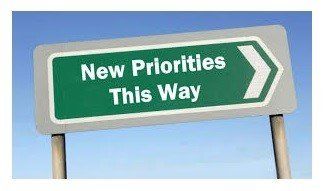Equal pay?
Jane Baalam
March 5, 2019
Equal Pay Guidance
There is a problem when pay data is presented in a way that masks the facts, and doesn’t give the true picture. So, when the much-anticipated BBC gender pay list came out, I was astounded at how little it actually told us.
How do we know Chris Evans earns more than Alex Jones? On the face of it his salary is higher, which appears to be unfair, and suggests a gender pay issue. But do we know if they are truly doing the same job? Do we know what criteria is used to determine their pay and how that pay is structured? All we know is that he has a higher annual salary.
However, there is a reason salary is taken back to the hourly rate – its serves a purpose in that it ensures that variable such as working hours are not included. The key question really is:
Is the basic hourly rate the same for two people of the opposite sex doing the same job?
- If it’s not and the woman is paid less, there is a potential claim for equal pay.
- If it’s not and the man is paid less, there is a potential sex discrimination claim.
We need to watch out for smoke screens - presentation of issues that hide the facts and potentially undermine the issue at hand. It doesn’t matter if a man earns more than a woman – so long as the reason is fair and non-gender biased. What does matter is if it is because she is a woman and for that reason deemed to be entitled to less pay than man doing the same job (and I have to say vice versa).
Having said that, of course, as much media coverage as possible to the issue of gender pay will help to focus the minds of those with decision making responsibilities on the need for visible and transparent equity. If the potential risk to unsound decision making is high visibility disgrace and dissatisfaction then there is a potential value to that in solving the gender pay gap. It’s not ideal of course, and I’d rather it was solved by less sensational methods.









